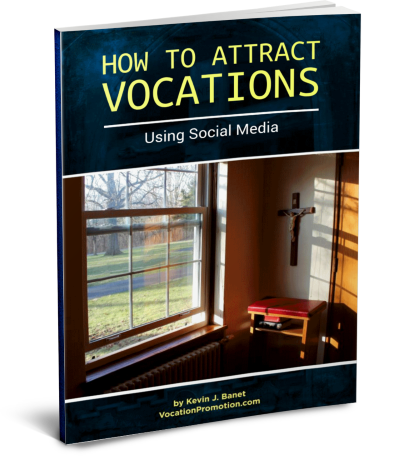
Facebook's strength is its ability to pinpoint a target audience
How would you like to reach 980 Catholic women students and friends of Franciscan University at Steubenville between the ages of 19 and 25?
Simple. Use Facebook pay-per-click ads. Facebook, which today is expected to announce its IPO of stock, is two steps ahead of Google and other advertisers. Here’s why: you can narrow your target audience to get just the people, age group and interests you want, and send your ads only to them without throwing money away to people who don’t matter.
The above example shows how many persons fit these qualifications with these demographics. Facebooks tells you how many people you will reach as you create your ad. Include Thomas Aquinas College and Christendom, and your number will increase. Just set up an ad campaign and type in the keywords and interests you are looking for.
Interests are volunteered
Here’s the scoop on how it works: When a person signs up for a Facebook account, he puts in some personal information, such as his age, marital status, location, education, and whether, for example, he enjoys praying the rosary, going to Mass, or going to adoration. And even though the user decides, through his profile settings, that certain information must remain private, advertisers can base their campaign on this personal information. The ads, which feature a short headline, copy, and an image, can be directed to appear only on the users’ pages that fit these demographics.
As an advertiser, you don’t see anyone’s lists of interests, if he has made them private. But you can send your ad to him. The ads appear on the right-hand side of his screen. Clever, huh?
There is a lot more flexibility and possibilities here about what you can do, such as make the ads click to your own Facebook page, or to an external website. Facebook also tracks the click-throughs, and even the “likes.” The ad program has been around for five years, but with the growing number of Facebook users, the program clearly has moved promotion into a whole new level.
Facebook the new internet?
Some media commentators have wryly remarked that Facebook will become the new internet. It’s replacing email for some, for example. It’s also what’s used on smartphones and with texting. Of course, this is what young people use. In any case, Facebook has become the social media website of choice for hundreds of thousands of Catholics. Worldwide, more than 800 million persons use Facebook, a number that would make up the third largest country on the globe. And the platform is enjoying constant media attention because its popularity is skyrocketing.
* * *
We at Vocation Promotion are testing ad campaigns aimed at young Catholics at the above colleges. Many of our ads are synched to our Facebook page, “Holy Vocations.” We’ll keep you informed as to how it works out.
